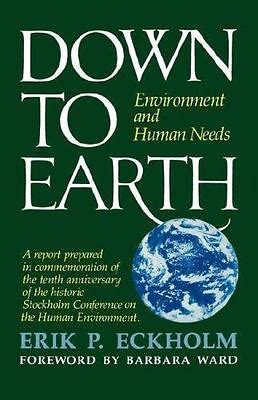A Quote by Bill Watterson
I was reading about how countless species are being pushed toward extinction by man's destruction of forests. . . . Sometimes I think the surest sign that intelligent life exists elsewhere in the universe is that none of it has tried to contact us.
Related Quotes
If we ever establish contact with intelligent aliens living on a planet around a distant star ... They would be made of similar atoms to us. They could trace their origins back to the big bang 13.7 billion years ago, and they would share with us the universe's future. However, the surest common culture would be mathematics.
People can't live with themselves much longer. The planet cannot live with humans much longer! We have the weaponry, destruction of the planet, pollution, destruction of forests, countless manifestations of humans using their intelligence in the service of the dysfunction, the madness. It's a strange juxtaposition. Humans are intelligent, but if you look at history or even watch TV, they're also incredibly stupid.
I think the act of reading imbues the reader with a sensitivity toward the outside world that people who don't read can sometimes lack. I know it seems like a contradiction in terms; after all reading is such a solitary, internalizing act that it appears to represent a disengagement from day-to-day life. But reading, and particularly the reading of fiction, encourages us to view the world in new and challenging ways...It allows us to inhabit the consciousness of another which is a precursor to empathy, and empathy is, for me, one of the marks of a decent human being.
I started thinking about how life is a lot like getting pushed out of a plane. You didn't ask to be here, none of us did. But we're all careening through space towards an eventual end that no one's gonna be able to put off. That's the only thing that's definite, this impact. So I started to think about how a lot of us fall at an incredible velocity, and it's over in the blink of an eye.
One animal or plant species may become extinct every hour. All species are doomed to extinction, but man through worldwide development/killing animals for food/profit/using toxic chemicals such as pesticides/industrial wastes, will accelerate the extinction of plants/animals and the result will be a more hostile environment for man.
As many glaciers are melting and icy tundras are decaying, there's an unprecedented amount of woolly mammoth material that's becoming dislodged from the ice. Not just mammoth, but all kinds of fossils from the past. What occurred to me was, had anyone tried to pinpoint the first case of human-induced extinction? What was the first time we as species pushed another one to oblivion? I would argue that's probably going to be one of the defining moral problems of the century, human-induced extinction. And I really wanted to know, when did we first cross that barrier?

































